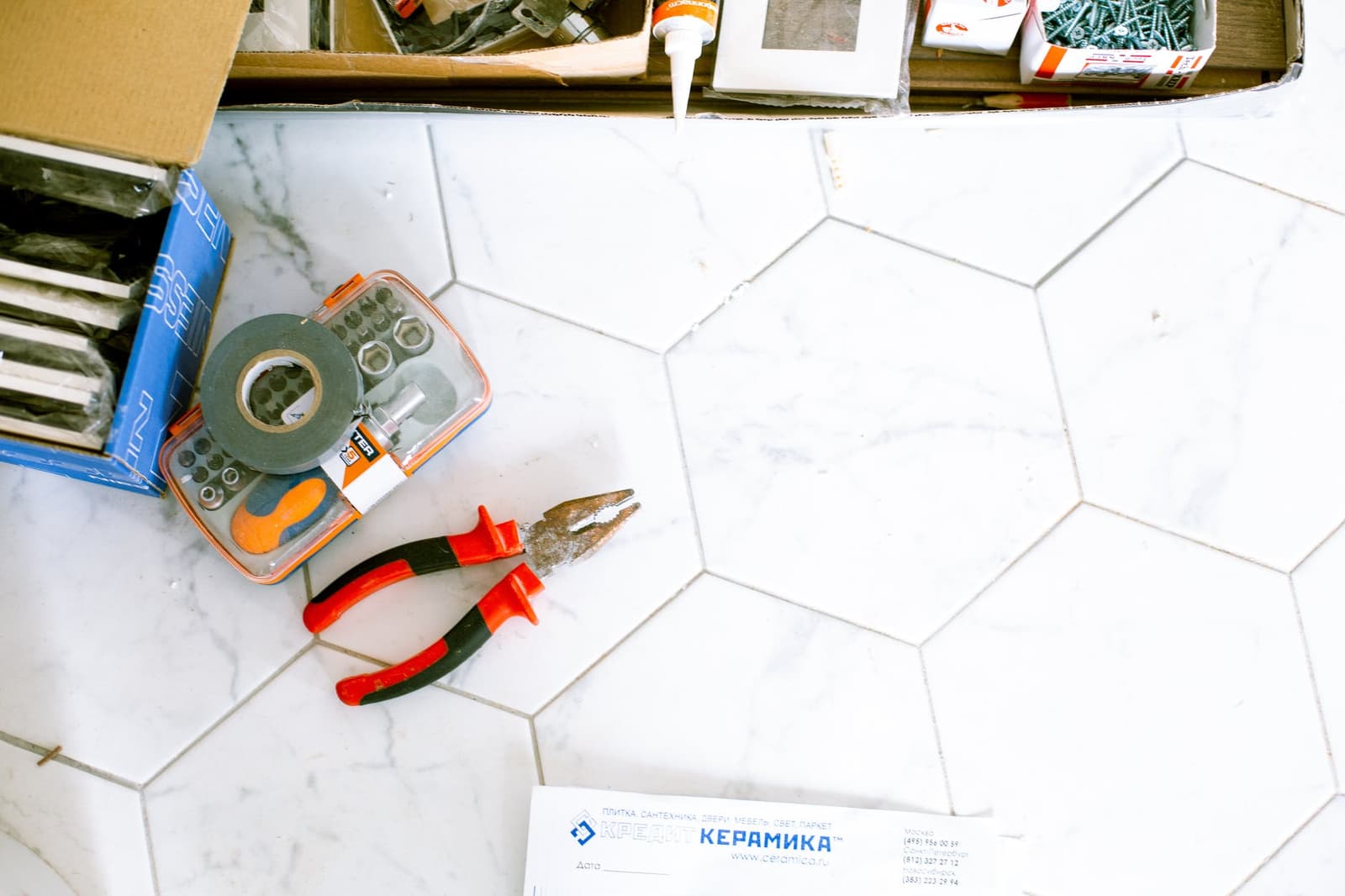Finding Hidden Defects in a Dwelling
By Editorial Team
Updated on November 8, 2023

What is more shocking than discovering a problem in our home? This problem may have been present before your purchase, even if it has been a few years since you’ve bought it. You have recourses, it is up to you to proceed!
What is a «hidden defect»?

A hidden defect is any flaw or defect arising from either inferior design, deterioration or construction mistake of the dwelling.
For the problem to be identified as a hidden defect, it should fulfill several criteria. First of all, the problem needs to be present at the moment when the sale is taking place and be serious enough that had the buyer been aware of its presence, the sale wouldn't have taken place or the price would have been lower. Also, the hidden defect needs to be unknown from the buyer at the moment of the sale and non-identifiable without the help of an expert.
Examples of hidden defects include:
Rotten roof slats;
Crumbling foundations;
Worn-out swimming pool covers;
Mould in the walls; defective electrical wiring;
Carpenter ant infestation;
Lack of insulation in an addition;
An unbearable cat odour;
The moisture generated by the cultivation of cannabis, etc.
Article 1726 of the Civil Code of Quebec stipulates that an apparent defect can be identified by a prudent and diligent buyer without the need to resort to an expert. When visiting your future home, be serious, attentive, and careful. The seller is responsible for hidden defects but is not responsible for any apparent defects.
If you buy a home “at your own risk” in the condition you find it in, with or without defects, this mention in the sales contract ensures that you are not protected against hidden defects. You can sign this type of contract only in specific cases: where an owner sells his own home, when a foreclosed home is purchased or when there is a liquidation of the estate.
Buying a house without a legal guarantee

Photo: West Midlands Police
A professional or specialized salesperson, that is, an individual who derives income from the sale of real estate regularly, or the builder of a building, is not entitled to “sell at your own risk”. A real estate broker is not considered a professional seller when they act as an intermediary between the seller and the buyer. Nevertheless, it is up to you to inspect your future home, so keep your eyes open!
Renouncing the inspection
The Quebec Consumer Protection Office gives you the option to check whether the Office has intervened with a seller before, if the seller has received formal notice from consumers or if he has a license that is conveniently located on its site.
If you do not carry out an inspection, this means that you accept to buy the building with all the defects that could have been detected and to assume all the costs and repairs. The law dictates that defects that could have been detected by a prudent and diligent buyer are not guaranteed. Then, have a very close look that gives you a visual summary of the building. Using an expert is not mandatory, but if there are any doubts, do not hesitate to have the home inspected before you wish to purchase it.
An unusual fact: in the past, the presence of ghosts in a dwelling was considered a hidden defect, according to Cliche Laflamme Loubier law firm.
What to do if we find hidden defects?

Photo: asebest
First, you must prove the existence of the defect and its consequences by taking pictures, making videos, measuring the defect, etc. Then, you can ask for the opinion of an expert or if you know the nature and the exact extent of the defect, you can take the next step.
You may send a notice of termination, forward a letter of formal notice or enter into an amicable agreement with the seller. The notice of denunciation of the defect must be sent by registered mail or by a bailiff before assigning the repair work to be done to fix the said defect. The formal notice must contain the description of the hidden defect, your requests to assert your guarantee against hidden defects, your conditions and the deadline for reply.
This more engaging approach than just the notice of termination is a prerequisite to prosecution before the courts. You have three years from the discovery of the hidden defect, and not from the date of purchase, to undertake a lawsuit.
You can avoid confrontation by entering into an amicable agreement with the seller. In this case, it is recommended that you sign your agreement in writing. This is a contract between you and the seller and it must be respected.
Before the courts

Photo: Unsplash
According to the Quebec Law Network, it is common that a hidden defect opens the door to a cascade of prosecutions, the buyer bringing to court the former buyer and so on. Many are those who denounce this kind of situation as being absurd, as a homeowner could be brought to court for a problem he wasn't even aware of.
Following the discovery of a hidden defect, the buyer can request cancellation, the request to reduce the sale price or even repair the defect. It is worth noting that a buyer purchasing from a vendor-contractor has a variety of other protections and remedies.
The omission of damage by the seller is wrong. If the buyer demonstrates that the defect was known to the professional vendor, the seller or the developer depending on the sale, at the time the dwelling was sold, the buyer may claim damages and interests like moving expenses, hotel expenses during construction, the stress and inconvenience, the fees of an expert, etc.
Your act of sale can weigh in the balance. It is up to you to revise it and to know if it contains exclusion clauses or an increase in the guarantee of quality.
Photo: Wally Hartshorn
Author: R.M.P.
Translated by: David Ben-Zaken
Get 3 renovation quotes to repair hidden defects
RenoQuotes.com can help you get quotes to fix hidden defects. If you submit your project to us, we’ll put you in contact with top-rated contractors. Fill in the form on the homepage (it only takes a few minutes), and you will get estimates from trusted professionals.
Dial 1-844 828-1588 to speak with one of our customer service representatives
Looking for something else?
Related articles
The latest industry news, interviews, technologies, and resources.

Editorial Team
•08 Nov 2023
Floating decks may sound like a thing of the future, but we can assure you they’ve been around for quite some time. No, this type of deck does not incorporate new technology.

Cynthia Pigeon
•08 Nov 2023
A building's structure is either made of wood, concrete, or steel. To finish this structure and give a business, facility, or home an eye-catching look, opting for masonry siding is a definite possibility. And, a bricklayer-mason hired by a contractor will be qualified to carry out this type of project.

Karine Dutemple
•08 Nov 2023
Do you want your backyard to be out of sight for passersby? Like many homeowners, you've probably thought of planting a cedar hedge to enjoy this coveted privacy.

Editorial Team
•08 Nov 2023
The basement of your home shouldn’t be an afterthought. In fact, a significant amount of time and dedication should be focused on making this space comfortable and at the very least, livable. Not only will this add to the resale value of your home, but having a properly insulated basement will save costs on energy bills and keep indoor temperatures comfortable.

Editorial Team
•08 Nov 2023
Home renovations require time and energy for planning, preparing and executing. Leading up to your project, you’ll want to do some research about potential problems. Of course, there’s plenty of advice out there but as you’ll notice, a lot of it is contradictory.